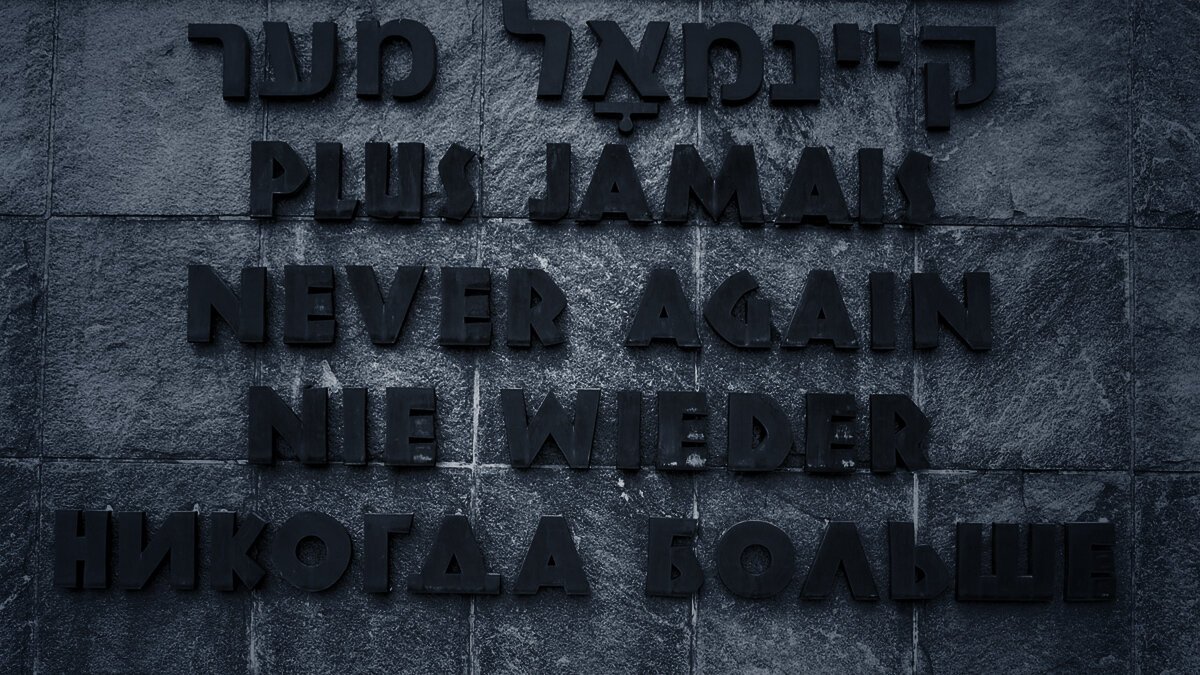Soft Targets, Hard Choices
It’s good to have a lifeguard, but it’s better to know how to swim.
In my career as a close-protection operator in the early 2000s, I had many interesting clients — from heads of state to film stars to CEOs of global companies.
But one of the most interesting was a man named T. J. Leyden — a man few would recognize on the street, even today, but who was then living (and continues to live now) with a target painted on his back.
Leyden was a leader of the Hammerskin Nation, the largest white supremacist transnational organization in America, a vile hate group to which he’d pledged his allegiance for some 15 years.
When I met him, he’d abandoned his former life of hate and now worked as an educator for the Simon Wiesenthal Center in an effort to make up for his previous wrongdoings.
And he’d come to Pittsburgh with a warning.
“Anyone who is Jewish, black, Hispanic, Asian, homosexual, a government worker, or a tolerant white is the sworn enemy of the Aryan Nations,” Leyden said, “who have vowed to annihilate the rest of society, one way or another.”
And to remove any doubt his audience might have had, he recited a portion of the chilling oath he’d taken, decades earlier as a young recruit:
“I, as an Aryan man, hereby swear an unrelenting oath … that I have a sacred duty to do whatever is necessary to deliver our people from the Jew and bring total victory to the Aryan race.”
He concluded his talk by saying that “some people think ignoring intolerance, gangs, and racism will make it go away. It won’t.”
Leyden’s audience — sitting in an auditorium less than half a mile from the Tree of Life Synagogue — listened politely and applauded.
And soon forgot.
Last week, of course, the vicious anti-Semitic hate of which Leyden warned came back to our city, literally with a vengeance. And it found its target in the unique (and uniquely peaceful) Jewish community of Squirrel Hill, which has been a vital part of one of America’s most racially, ethically, and religiously diverse cities, a city which has long prided itself on its tolerance and its welcoming attitude toward strangers. Indeed, if America is a melting pot, Pittsburgh is its center.
But it’s precisely this welcoming side of our city that makes Pittsburgh such an inviting target for those whose hearts know only hate, prejudice, and division.
We face many challenges moving forward from the terrible events in Squirrel Hill, and as some grapple with how to keep guns out of the hands of the deranged, I focus on how to “harden the target” to make future attacks less likely and the unthinkable less deadly.
Some steps are purely common sense: critical incident and active-shooter training for our city’s most vulnerable populations and detailed analysis of synagogues and other public spaces to make them less inviting to attack and more defensible should an attack occur.
Other steps, however, will demand moral and political courage, a willingness to fight back and win against an enemy who — as T. J. Leyden well understands — is sworn to divide, destroy, and murder.
Like the nation of Israel itself, Jewish communities are, by the very fact of their existence, inviting targets for those who would sow terror and fear. We must do everything in our power to make them less so — and the best way to achieve that is through a prepared citizenry.
This doesn’t mean we must place armed guards in every place of meeting or worship — or that everyone be armed. Not every person is willing or able to handle a firearm competently, nor should we expect them to.
That said, there are those in every community who are willing to step up — and we should do all we can to prepare and train them should the need arise. Obviously, an armed citizen, properly trained, will have a better chance of stopping a determined armed attacker, but unarmed defensive tactics can be remarkably effective and can be mastered by nearly anyone, regardless of age or physical ability. Most important, they help to cultivate both the mindset and the situational awareness necessary in a life-and-death circumstance.
As I tell my clients, it’s good to have a lifeguard, but it’s better to know how to swim. Indeed, not knowing “how to swim” places everyone — including the lifeguards — at greater risk. It is an abdication of personal responsibility.
The Torah states that we not only have a right, but an obligation to self-defense, and the defense of each other – “you shall not stand idly by the blood of your neighbor” (Leviticus 19:16, rodef - the law of the pursuer).
This is not an easy teaching to understand and accept in our hearts. But it’s one we must not only digest but also be prepared, should the need arise, to act on.
Soft targets demand hard choices. And our enemies aren’t going away.

